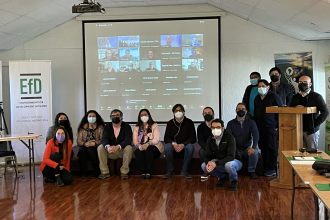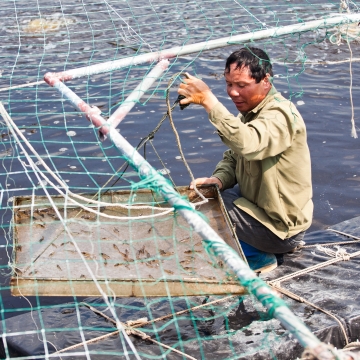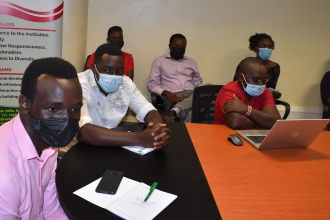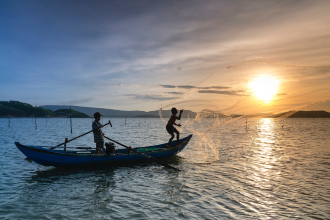Subsidies are part of the set of management tools that governments apply to modernize their fishing fleets and enable them to engage in offshore and international fisheries. Research has shown that subsidies often lead to overcapacity and overfishing, resulting in the depletion of fish stocks. A few studies, however, have found some positive effects for particular subsidies. In this paper, we investigate a credit-linked subsidy scheme in Vietnam, which seems to be justified on the basis of economic, social, and environmental considerations.




